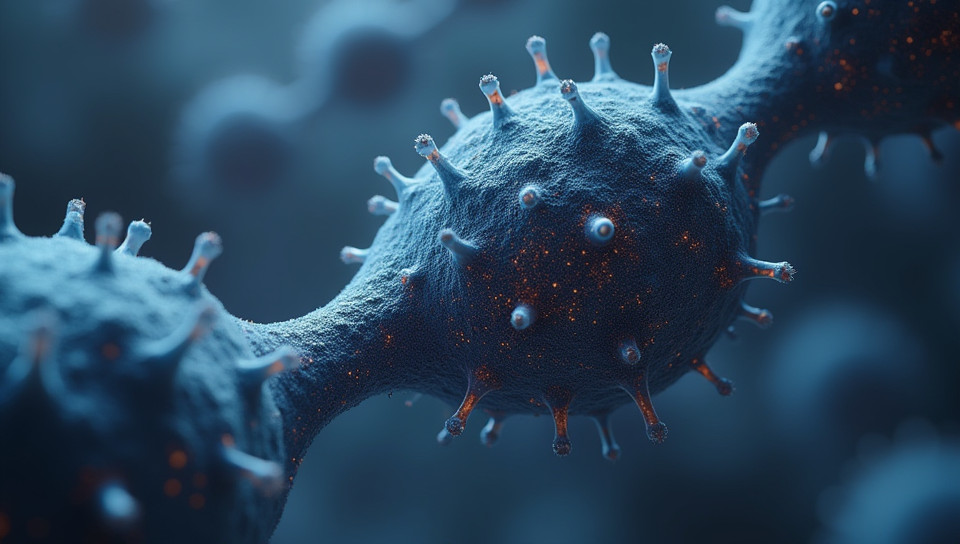Gene editing raises concerns about permanent unintended consequences 79%

Gene editing has revolutionized the field of genetics, offering unprecedented possibilities for treating genetic diseases and improving human health. However, as with any powerful technology, it also raises concerns about permanent unintended consequences.
The Risks of Gene Editing
Gene editing technologies, such as CRISPR-Cas9, have made it possible to edit genes with unprecedented precision. But this precision comes at a price: the potential for unintended effects is high. When we edit genes, we are altering the fundamental building blocks of life, and it's impossible to predict all the consequences of these changes.
Off-Target Effects
One of the primary concerns with gene editing is off-target effects. These occur when the gene editor mistakenly edits a different part of the genome than intended. This can lead to unintended mutations that may have serious consequences for human health. For example, if a gene editor targets a gene responsible for regulating cell growth, but also edits a nearby gene involved in cancer development, this could potentially increase the risk of cancer.
Mosaicism and Germline Editing
Another concern is mosaicism: the presence of edited cells alongside unedited cells in an individual's body. This can occur when only some cells are targeted for editing, leaving others unaffected. In germline editing, which involves editing genes in reproductive cells, there is also a risk that the edited gene will be passed on to future generations.
Ethical Concerns
Gene editing raises important ethical questions about the use of this technology. For example, should we allow parents to choose their child's traits through gene editing? Or should we limit its use to treating genetic diseases? The answer is complex and involves balancing individual rights with societal concerns.
Potential Consequences
- Gene mutations that increase the risk of cancer
- Off-target effects that alter gene expression in unintended ways
- Mosaicism, which can lead to mixed cell populations
- Germline editing, which raises questions about the ethics of altering human traits
- Unintended effects on ecosystems and the natural environment
Conclusion
Gene editing has the potential to revolutionize the field of genetics, but it also raises significant concerns about permanent unintended consequences. As we move forward with this technology, it's essential that we take a cautious approach, carefully considering the risks and benefits before proceeding. By doing so, we can minimize the potential for harm and maximize its benefits for human health and well-being.
- Created by: Benjamin Kelly
- Created at: Jan. 13, 2025, 5:07 p.m.
- ID: 17794









